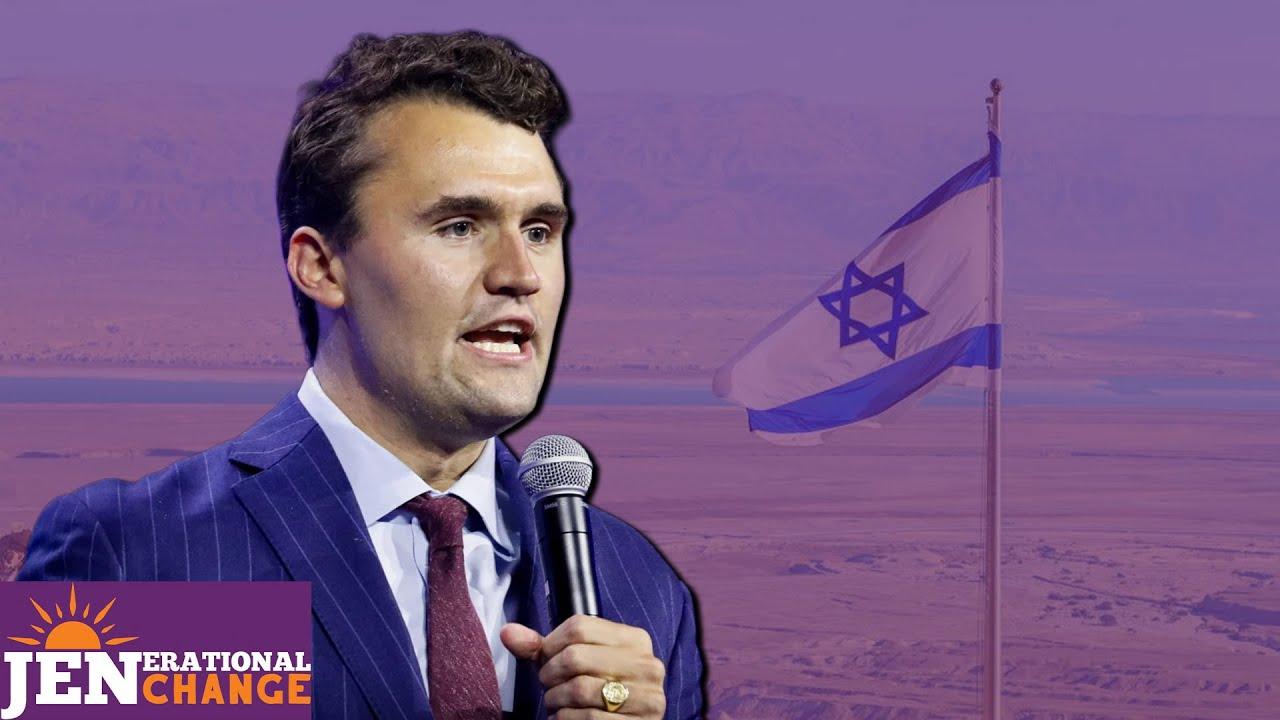American political activist and conservative commentator Charlie Kirk has sparked fierce controversy following his recent statement claiming that “Islam is not compatible with the West and importing millions of Muslims is suicidal.” The remarks, made during a live broadcast of his popular podcast, have ignited a firestorm of debate, condemnation, and calls for accountability across social and political spheres.

Kirk, the founder of Turning Point USA, a right-wing youth organization, has never shied away from provocative takes on immigration, culture, and religion. However, his latest comments mark one of his most incendiary moments to date. Speaking to his audience of primarily young conservatives, Kirk argued that Western nations, especially the United States and parts of Europe, are “at risk of cultural self-destruction” by accepting large numbers of Muslim immigrants. He claimed that Islamic values are “fundamentally at odds” with Western liberalism, democracy, and freedom of expression.
Almost immediately, the statement triggered widespread backlash. Muslim-American advocacy groups swiftly condemned the comments as deeply Islamophobic and rooted in dangerous stereotypes. The Council on American-Islamic Relations (CAIR) issued a strong response, stating, “Charlie Kirk’s remarks are not only factually incorrect but also dangerously inciteful. To portray an entire faith community as a threat to the West is a reckless generalization that fuels hate, division, and violence.”

Political figures from both major parties also weighed in. Some Republican lawmakers have either defended Kirk’s right to express controversial views or distanced themselves from the substance of his comments while avoiding direct condemnation. Democrats, on the other hand, have been more forceful in their criticism. Representative Ilhan Omar, one of the most prominent Muslim voices in Congress, called the statement “a textbook example of hate speech dressed as cultural concern,” adding that such rhetoric has real-world consequences, including increased threats and attacks on Muslim communities.
Religious leaders, scholars, and interfaith organizations have taken the opportunity to remind the public that Islam, like Christianity, Judaism, or any major faith, is not monolithic. There are over 1.8 billion Muslims worldwide, many of whom live in or contribute to Western societies in meaningful and peaceful ways. Islamic values, they argue, have coexisted with Western ideals in countless communities across the U.S., Canada, the U.K., and Europe for decades. Many Muslims are also at the forefront of championing democratic values, civil rights, and social justice.
Critics of Kirk’s remarks have also highlighted the flawed logic behind equating immigration with cultural decline. They point to the fact that diversity, including religious diversity, has historically been one of the pillars of Western strength and resilience. Several commentators noted that painting an entire religion as incompatible with the West ignores the contributions of Muslim doctors, engineers, teachers, artists, and soldiers who live and work in the U.S. and other Western nations.
Kirk, meanwhile, has not apologized. In a follow-up statement posted on social media, he doubled down, saying he “refuses to be silenced by the politically correct mob” and that “Western civilization has a right to defend its core values.” He insisted that his remarks were not aimed at individuals but at “ideologies” that he believes threaten personal freedom and secular governance.
Supporters of Kirk have rallied around him, framing the backlash as an attempt to suppress free speech and honest debate. They argue that Western societies must be able to discuss the implications of large-scale immigration and cultural integration without fear of being labeled racist or intolerant. They claim that silencing dissent on issues like religious accommodation, national identity, and security only leads to greater polarization.
The incident has once again exposed deep divisions in Western societies about multiculturalism, immigration, and the limits of free speech. It also serves as a stark reminder of how statements made by public figures—even on private media platforms—can ripple out and affect real communities. As tensions continue to rise, many are calling for a renewed emphasis on dialogue, education, and the rejection of fear-based narratives that threaten the social fabric.
Ultimately, the fallout from Kirk’s remarks is more than just another culture war flashpoint—it is a reflection of the ongoing struggle to define what it means to live together in a pluralistic society, and whether tolerance and mutual respect can prevail over suspicion and division.






